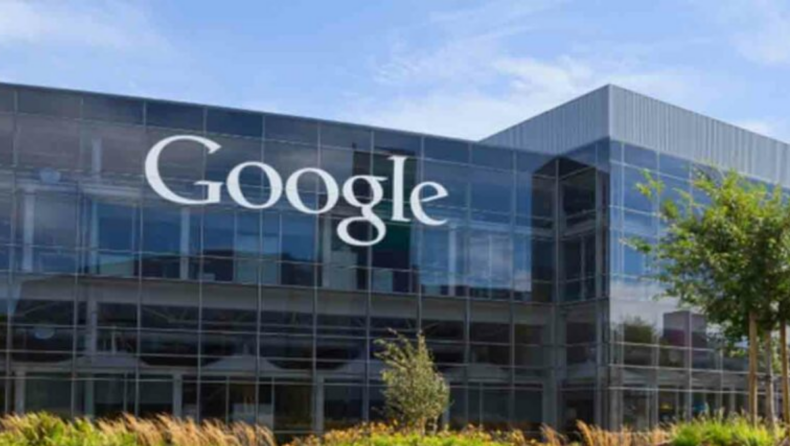Table of Contents
Companies that use RCS to distribute ads are in blatant violation of the company’s regulations. According to experts, Google “seems to have responded quite rapidly to the situation,

For the past few months, many businesses in India have started using Google’s RCS (Rich Communication Services) to distribute advertising and promotional messages.
Google Messages…..
As a result, you’ll get precisely what you’d expect: a lot of spam. Furthermore, In recent weeks, Google Messages clients in India have complained, of receiving a barrage of unwelcome adverts via Rich Communication Services (RCS), and Google has responded by turning them completely off.
Google spokesman Kaori Miyake verified to The Verge that the feature has been disabled in India: “We are aware that some businesses are abusing our anti-spam policies to send promotional messages to users in India. We are disabling this feature in India while we work with the industry to improve the experience for users. ” Google has acknowledged the problem, telling Android Authority that “companies who use RCS to distribute ads are in blatant violation of the company’s regulations.” According to experts, Google “seems to have responded quite rapidly to the situation,” before other countries followed India’s lead and embraced the practice.
Google message advertising.
Affected users had flocked to Twitter and other social media sites in recent months to complain about an increase in the quantity of advertising on Google Messages. The promotional content was annoying customers, according to Ishan Agarwal, especially because it was coming on the app that comes pre-installed and defaults on most Android phones nowadays. To get rid of the annoying adverts, some users have totally removed the RCS experience on Google Messages.
Personal loan advertisements from banks and financial organizations such as Kotak Mahindra Bank and Bajaj Finserv made up a substantial portion of the promotional content. Small loan apps, on the other hand, displayed some of the adverts.
The advertising in question was sent to clients via RCS’ business messaging feature, which allows verified firms to send messages to customers that include graphics and interactive features in addition to text. It’s marketed by Google as a means for businesses to engage with existing consumers – messages you might want on your phone. However, RCS users in India have had quite a different experience. They’ve received numerous messages from companies promoting credit cards and gambling apps, among other things.
Until now, the only option to avoid the barrage of advertising was to turn off RCS entirely, which was not a great experience. In the near term, Google’s decision to disable corporate texting is a better option, but it’s definitely not a long-term solution. Google has yet to answer our request regarding what it is doing to combat spam this writing. Sanaz Ahari, the director of product management for Android Messages, told us in 2019 that the company’s ambition for RCS was “a great, easy user experience that just works for every Android user.” RCS technology come such a long way ever since, but there is still a lot of work to be done.
Have a look at this video: GOOGLE ADS FRAUD: SEARCH ENGINE OPTIMIZATION/ CUSTOMISATION FRAUD TECHNIQUES

Google message RCS
Advertising and promotions delivered by SMS are routine, but the advertisements delivered via Google Messages RCS were more detrimental and apparent. The commercials were primarily financial in nature, implying that there was a greater stake. Furthermore, no user action triggered the adverts. Ads were thrown out at random. Also, unlike a basic text message, RCS advertising frequently has specific formatting that takes over more of the user’s experience.
The adverts were an abuse of Google’s “Verified Business” tool in the Messages app, which is designed to be used for communicating with consumers, not for promotion. The ad pause by Google will not prevent these firms from connecting with clients via RCS, but it will halt ads.
Android Authority reported last week that the ads arrived “within the first hour of switching back to Google Messages,” and that they arrived “within the first hour of switching back to Google Messages.” Three unwanted adverts came in less than ten hours.
Although Google’s decision to pause ads broadcast through RCS is certainly a positive thing, it will be interesting to see what the company’s long-term answer is. RCS is the cornerstone of Google’s consumer communications operations, so getting it right is critical, especially since this type of conduct would be disastrous for the company’s efforts if it got widespread.













